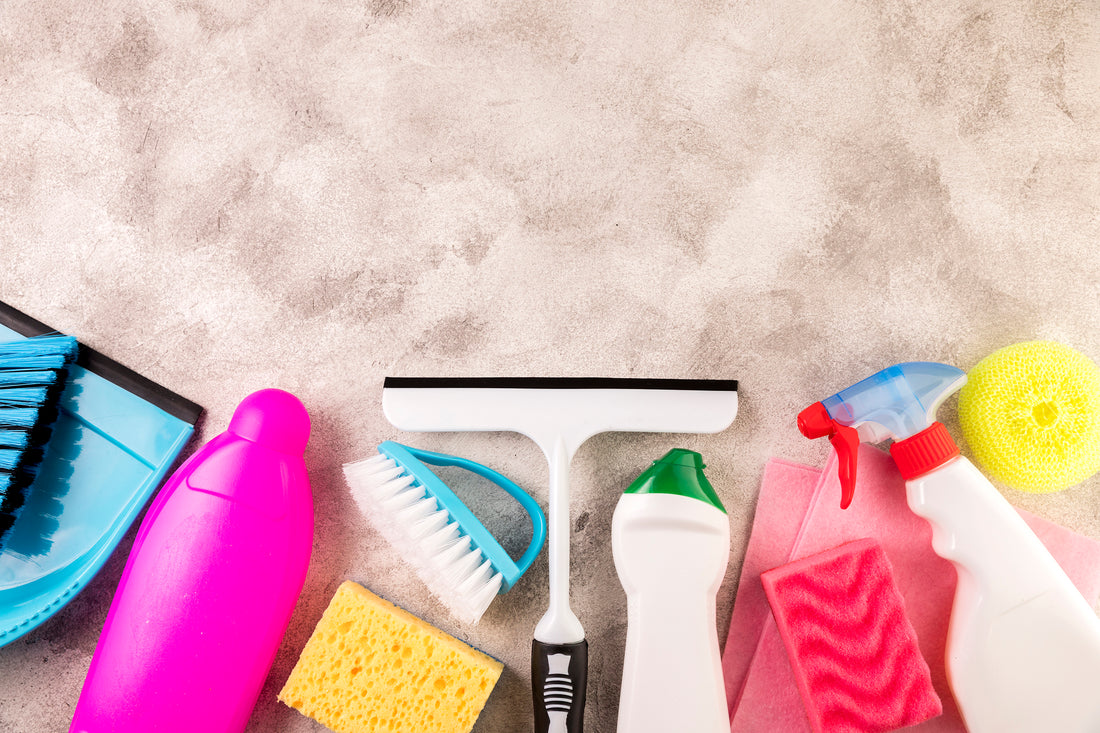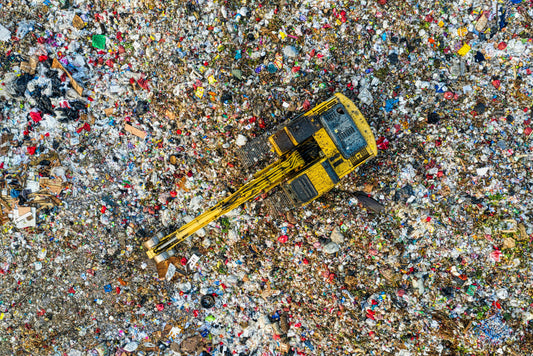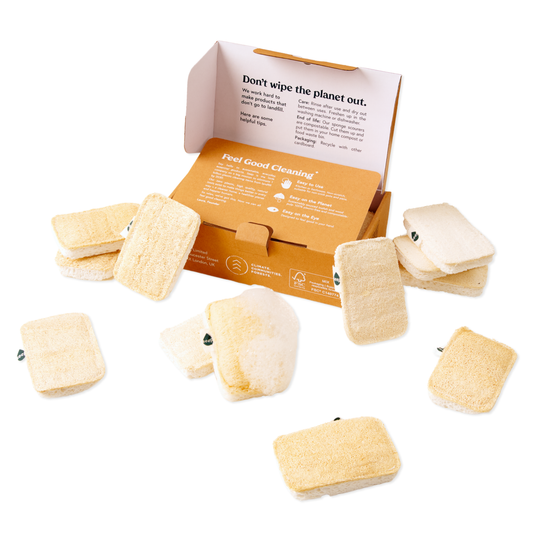
Think of your essential cleaning tools at home, like your microfibre cloths and traditional sponges. Have you ever wondered what materials make up these cleaning companions?
The journey of microfibre cloths and traditional sponges begins with a serious eco-unfriendly start — fossil fuel extraction. These predominant materials, such as polypropylene, polyamide and polyester, derive from the same resources we use for energy production. This process consumes substantial energy and contributes to climate change.
2. The subtle release of microplastics 🐬
Here's the twist — as you use these cleaning tools, they discreetly release microplastics into the environment. These minuscule troublemakers find their way into our water systems, creating disruptions. Marine life often mistakes these microplastics for sustenance, leading to ingestion. This phenomenon harms marine creatures and, when we consume seafood, could potentially impact our health too.
3. The disposal of these products 🚮
When your dependable cleaning companions reach the end of their life cycle, they typically meet one of two fates — landfills or incineration. Both options have their drawbacks. Plastic waste takes an eternity to decompose in landfills, and incineration emits harmful pollutants.
4. Embracing the alternatives ♻️
But don't despair! There are alternatives available — sponges and cloths crafted from natural, renewable fibres such as cotton, hemp or bamboo. These environmentally-conscious substitutes not only allow for effective cleaning but also promote a more eco-friendly approach. They biodegrade naturally and possess a smaller overall environmental footprint.
Your cleaning tools may have some not-so-pleasant environmental consequences. Nevertheless, by transitioning to cleaning eco friendly, you can maintain the pristine cleanliness of your home while simultaneously contributing to a more healthy planet. It's a win-win for all!






